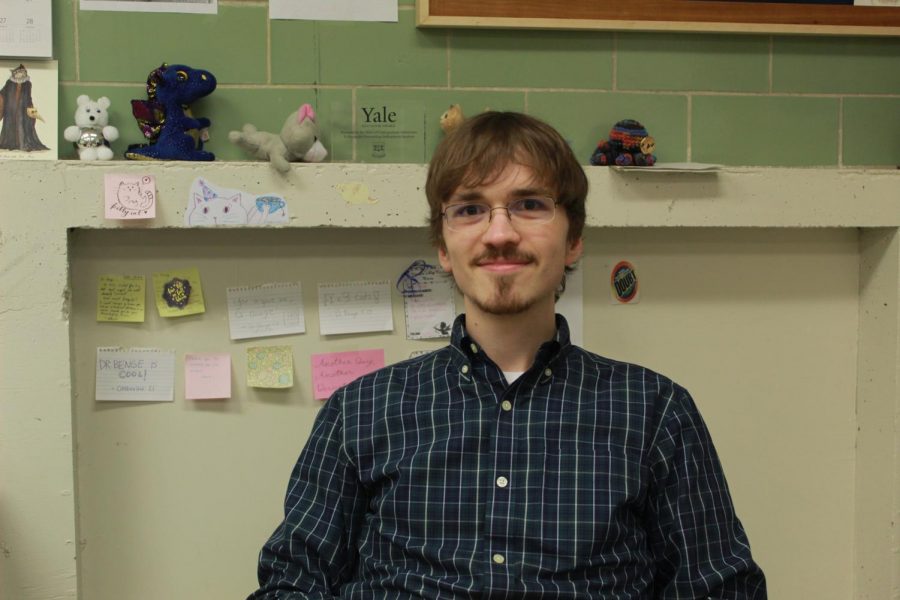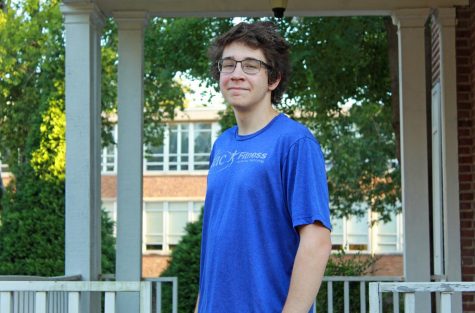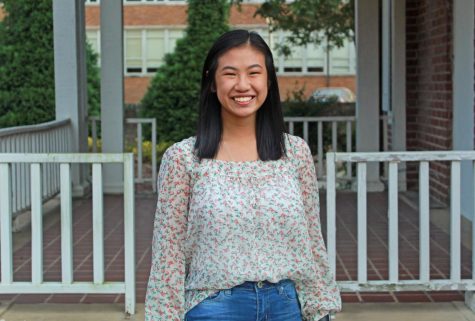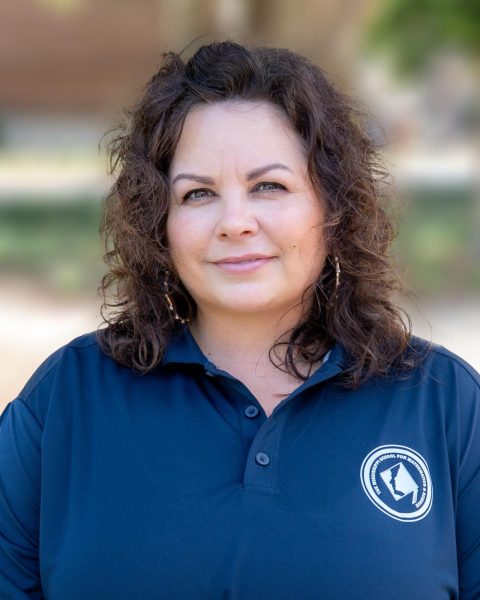Benge wins Yale Educator Award
Benge was nominated for the award by Class of 2019 alum, Hamilton Wan.
September 12, 2019
MSMS Mathematics teacher Dr. Philip Benge has won the 2019 Yale Educator Award, an email from the Office of Academic Affairs to school students and parents announced Tuesday. Benge was nominated by recent MSMS graduate and Yale University freshman Hamilton Wan.
From Yale University:
“The Yale Educator Recognition Program recognizes outstanding educators from around the world who support and inspire their students to perform at high levels and to achieve excellence. Of this year’s 311 nominees, who represent 40 US states and 23 countries, 55 teachers and 18 counselors were selected to receive the award. Matriculating students are invited to nominate high school educators, and a committee of Yale admissions officers reviews each nomination individually and designates recipients. In September, the winners were sent engraved desk sets and congratulatory letters, and administrators of the high schools were notified of their achievement.”
After the award was announced, Wan said that Benge’s teaching style “exudes passion and excitement,” and emphasized that Benge’s impact on students extends beyond the classroom.
“Dr. Benge is an incredible teacher who not only explained everything thoroughly, but also went out of his way to help his students grow academically and personally,” Wan said. “My favorite part (of being his student) was definitely going to his office hours and tutorials. I frequently had math and other, not math, questions, and Dr. Benge frequently gave me an answer that made me think in a new way, sometimes even introducing me to new topics. I always learned something new when I was in his room.”
Benge, however, feels that their student-teacher dynamic was very fluid in terms of intellectual advancement.
“No matter what I say, it’s going to be insufficient,” Benge said. “Hamilton was always a diligent, enthusiastic student. It was a joy to work with him. I have no doubt that I learned more from Hamilton than he did from me.”
Both Benge and Wan also spoke with fondness about what they referred to as “fun math time,” wherein they met and discussed advanced math concepts, such as abstract algebra or number theory.










